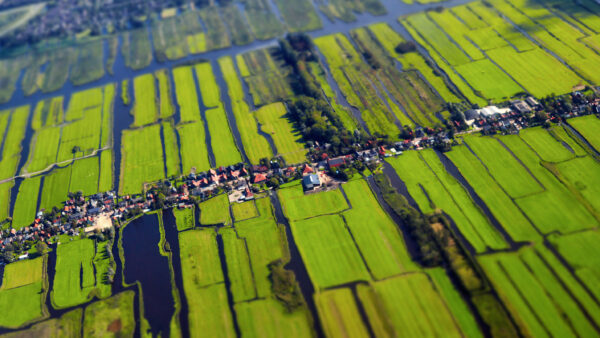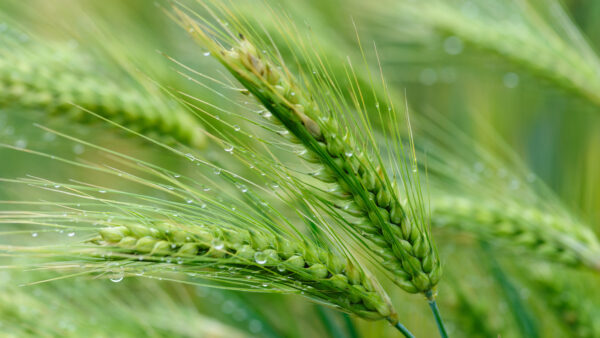In this new report, Impact Assessment of EC 2030 Green Deal Targets for Sustainable Crop Production, the WUR presents an ex-ante impact assessment on six objectives of the Farm to Fork and Biodiversity strategies with respect to reduction of pesticide use and risk, reduction of nutrient losses, increase of the area in the EU under organic production and increase of the amount of agricultural land under high-diversity landscape features.
Four scenarios have been developed for which the impacts have been assessed:
- 50% reduction in the overall use and risks of pesticides and a 50% reduction in the use of more hazardous pesticides
- 50% reduction in nutrient losses and a 20% reduction in the use of fertilizers
- at least 25% of the agricultural land under organic production
- objectives of scenarios 1 and 2 combined with the objective to place at least 10% of the agricultural land under high-diversity landscape features (the effect of the increase of organic production to 25% of the agricultural area not included)
The impact assessment has been executed at farm level, covering ten crops and seven case countries across the EU. The results of the case studies have been used to explore the consequences of these objectives for the production volume of the crops in the EU, market prices, the international trade and indirect land use.
According to the assessment at macro level, the realisation of the objectives of the Farm to Fork and Biodiversity strategies will result in a decrease of the produced volumes per crop in the entire EU on average ranging from 10 to 20% (Scenario 4). By consequence, international trade will change significantly: EU exports were found to decline and EU imports will increase (the volume of the import of products can double).
On the basis of the results, one of the recommendations highlights that access to innovations (R&D, new plant breeding techniques) is crucial to help reduce/overcome the negative impacts of reduction of pesticides and nutrients, especially for permanent crops.
The WUR’s study echoes the findings of the HFFA Research GmbH study that demonstrated that plant breeding in the European Union drives socio-economic and environmental sustainability and can partially compensate production losses potentially resulting from the implementation of the EU Farm to Fork and Biodiversity strategies.
Euroseeds firmly believes that the European seed sector can help mitigate negative impacts from the implementation of the EU Farm to Fork and Biodiversity strategies provided that breeders are given access to the ‘full toolbox’ of latest technologies, such as novel genomic techniques.
Source: Wageningen University & Research










